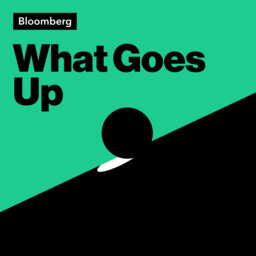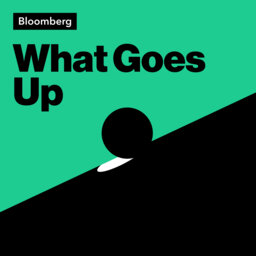`I Need a Solid Panic’
Victoria Greene, founding partner and chief investment officer at Texas-based G Squared Private Wealth, joined the latest episode of “What Goes Up” to discuss the mood of clients and why she thinks the 2022 market selloff isn’t over yet.
“Not to sound like a snob, but I need a solid panic,” she says. “We just haven’t seen that solid, absolute capitulation—everything selling off. We aren’t there yet.”
 What Goes Up
What Goes Up


